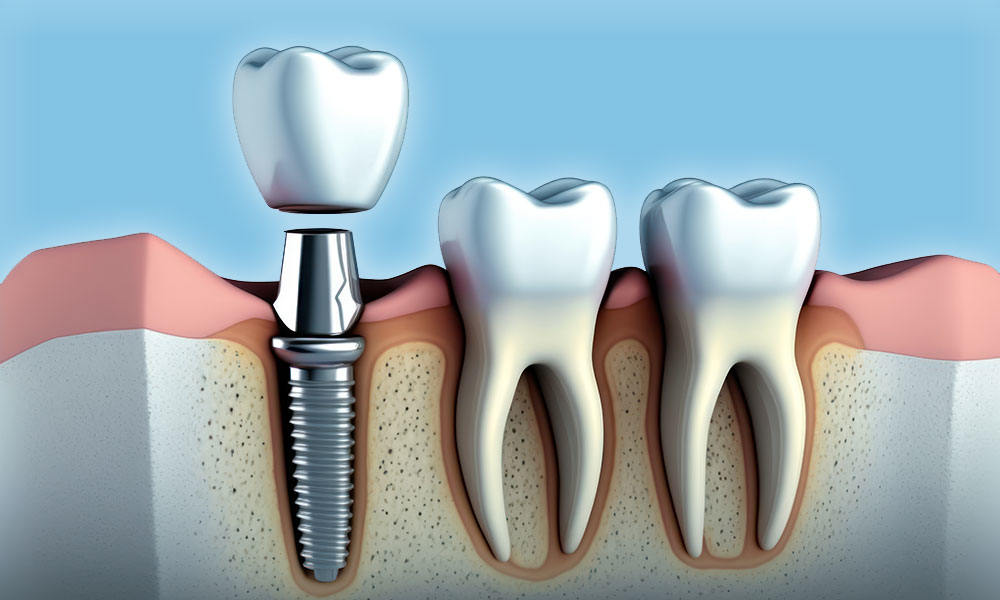SLIDELL, LOUISIANA, UNITED STATES, June 26, 2024 Dental implants have become a popular solution for individuals seeking to replace missing teeth, and this option is increasingly being considered by seniors.
Dr. Ronnie Deniger, owner of Crossgates Dental, sheds light on crucial considerations for older adults opting for dental implants.
“Dental implants offer a reliable solution for tooth replacement, but seniors must be aware of specific factors,” explains Dr. Ronnie Deniger. “While age alone isn’t a barrier, overall health and medical conditions play a crucial role.”
Before proceeding with dental implants, seniors should undergo a comprehensive health evaluation. Conditions like diabetes, cardiovascular issues, or osteoporosis can impact healing and implant success. Effective management of these conditions is vital for optimizing outcomes.
“Seniors with well-managed health conditions can still be suitable candidates,” assures Dr. Deniger. “However, thorough health assessment is essential to minimize risks.”
Bone Density And Quality
The density and quality of jawbone are critical for implant success. Aging can lead to bone loss, necessitating evaluation through advanced imaging techniques. In cases of significant bone loss, bone grafting may be required to ensure a stable foundation for implants.
“Assessing bone density is pivotal in treatment planning,” notes Dr. Deniger. “It guides us in determining the feasibility of implant placement.”
Medication And Healing
Seniors often take multiple medications that can affect recovery post-surgery. Drugs like blood thinners or immune-suppressants require careful consideration and adjustment before implant surgery to mitigate complications.
“Managing medications is crucial preparation,” advises Dr. Deniger. “Coordination with primary care physicians ensures a safe approach.”
Oral Hygiene And Maintenance
Maintaining excellent oral hygiene is essential for implant longevity. Regular dental check-ups and proper oral care routines are imperative to prevent infections and maintain implant health.
“Consistent oral hygiene practices are pivotal,” stresses Dr. Deniger. “Routine dental visits help monitor implant health.”
Psychological And Functional Benefits
Beyond physical restoration, dental implants offer significant psychological benefits by enhancing appearance and confidence. They restore the ability to chew and speak effectively, improving overall quality of life.
“Dental implants can profoundly impact seniors’ well-being,” emphasizes Dr. Deniger. “They provide functional benefits that enhance daily life.”
Cost Considerations
While dental implants may involve higher upfront costs, their durability and long-term benefits make them a worthwhile investment. Exploring financing options and insurance coverage can make treatment more accessible for seniors.
“Understanding the long-term value of dental implants is crucial,” highlights Dr. Deniger. “Discussing financial options can help manage costs effectively.”
Conclusion
Dental implants represent a valuable option for seniors seeking effective tooth replacement. Considering health status, bone health, medication effects, and commitment to oral care can lead to successful outcomes. Dr. Ronnie Deniger and Crossgates Dental are dedicated to providing expert care and guidance for seniors considering dental implants.

